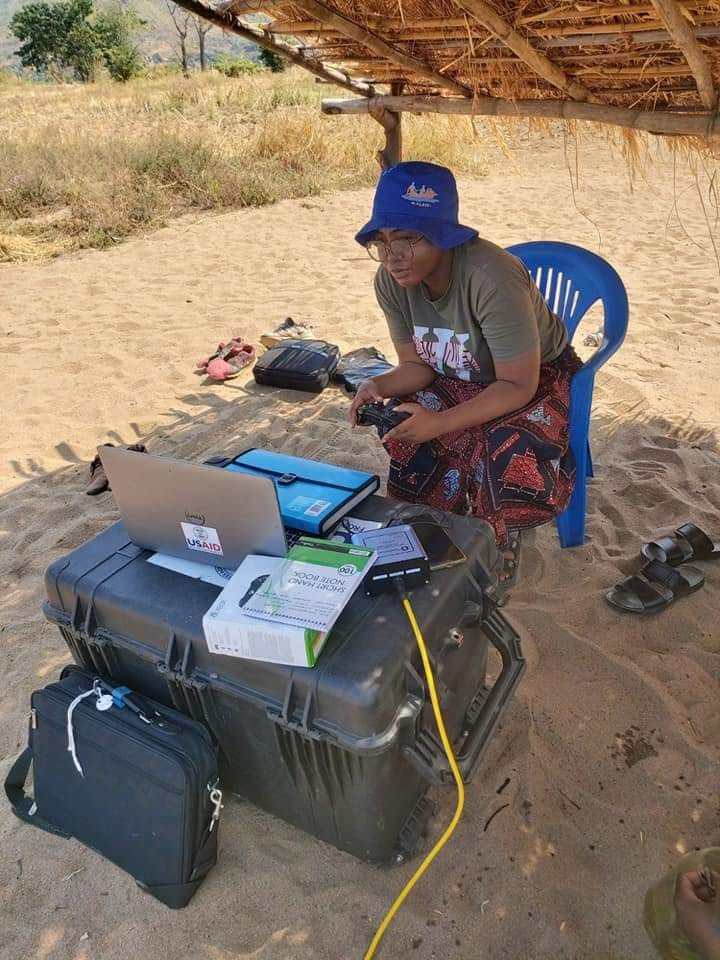LAKE MALAWI - Fish sanctuary monitoring conducted to determine species dwelling list
Sanctuary monitoring will provide accurate data to compile a comprehensive fish species list unique to each particular location

LAKE MALAWI (Planet Defence) – Restoring Fisheries for Sustainable Livelihoods in Malawi (REFRESH) and Fisheries Department from 14th through 21st August, 2023 embarked on a comprehensive fish sanctuary monitoringprocess on Lake Malawi together with researchers from University Rhode Island.
The core aim of the sanctuary monitoring was to compile a comprehensive species list dwelling within these sanctuaries and formulate species diversity indices unique to each particular location on the Lake.
The operation was led by Mbumba Chalira, University of Rhode Island including collective efforts from a diverse range of fisheries experts, that comprised aquatic and social ecologists, Remotely Operated Vehicle (ROV) operators, and fishtaxonomists.
The thoughtfully selected sanctuaries were identified based on factors such as location, size, vegetative cover and proximity. They spanned across all the Lake shore districts namely; Karonga, Nkhatabay, Rumphi, Nkhotakota, Salima, Dedza, and Mangochi.
In order to ensure the monitoring accomplishes expected tasks, the team employed three pivotal methodologies namely:the traditional chilimira method, advanced underwater visual census techniques utilizing a ROV, and an exploration of socio-ecological aspects.
The latter aimed to unravel the intricate social and ecological dynamics within the community responsible for managing the fish sanctuaries, including their practices and interactions with the sanctuary's ecosystem.
When asked for his independent reaction on why sanctuaries need to be monitored on regular basis Dr. Sloans Chimatiro, chairperson of the Pan-African Policy Research Network for Fisheries and Aquaculture was quick to respond, “sanctuaries are refuge for baby fish.”
An outstanding facet of this expedition was the active participation of Beach Village Committee members in the various monitoring locations across the Lake. From operating chilimira nets to hands-on involvements, these individuals played a pivotal role in not just data collection, but in cultivating a tangible connection with the sanctuaries' ecological significance.
This journey was beyond data collection; it was about nurturing a sense of ownership and stewardship within the local community observed some of the participants that took part in the exercise.
REFRESH is a five year supported project by the United States Agency for International Development and ends in September 2024.
The overall goal to conserve Lake Malawi’s fish biodiversity and improve capture fisheries management in lakeshore districts (Karonga, Rumphi, Likoma, Nkhata Bay, Nkhotakota, Salima, Dedza and Mangochi). REFRESH works with stakeholders to realize the potential of sustainably managed lake by integrating political, biological, ecological, and socio-economic considerations to sustain the composition, structure, and functions of the lake’s ecosystem.



